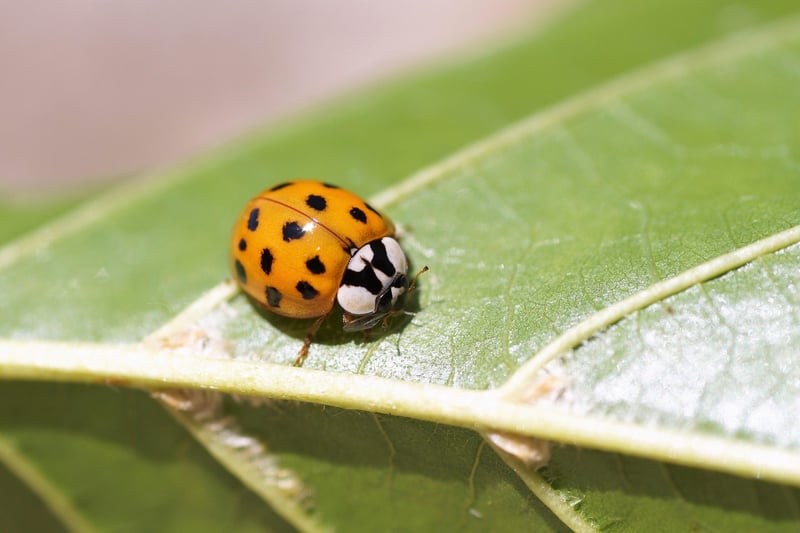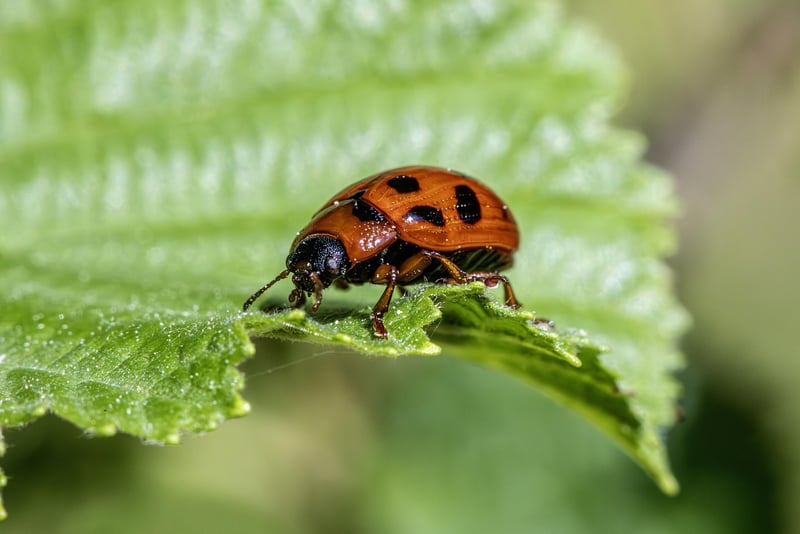Natural Pest Control
Environmentally Conscious Practices for Natural Pest Control
As more people become aware of the impact of conventional pest control methods on the environment and human health, there is a growing interest in natural pest control solutions. By adopting environmentally conscious practices, you can effectively manage pests in your home or garden while minimizing harm to the ecosystem. Here are some eco-friendly strategies for natural pest control:
1. Beneficial Insects
Encourage the presence of beneficial insects like ladybugs, lacewings, and predatory wasps in your garden. These insects feed on common garden pests like aphids, caterpillars, and mites, helping to keep their populations in check.

2. Neem Oil
Neem oil is a natural insecticide derived from the neem tree. It is effective against a wide range of pests, including aphids, mealybugs, and spider mites. Neem oil works by disrupting the insect's hormonal balance, leading to their eventual demise.

3. Diatomaceous Earth
Diatomaceous earth is a fine powder made from the fossilized remains of diatoms. It works by dehydrating insects upon contact, making it an effective natural pesticide for controlling pests like ants, cockroaches, and fleas.

4. Companion Planting
Planting certain herbs and flowers alongside your crops can help repel pests naturally. For example, marigolds can deter nematodes, while basil can repel mosquitoes and flies. Research companion planting options that suit your specific pest control needs.

5. Homemade Pest Sprays
You can create your own natural pest control sprays using ingredients like garlic, chili peppers, and soap. These DIY sprays are effective against soft-bodied insects like aphids and caterpillars and are safe for use around children and pets.

By incorporating these environmentally conscious practices into your pest control routine, you can maintain a healthy balance in your ecosystem while effectively managing pests in a natural and sustainable way.
Remember, natural pest control methods may take time to show results, but the long-term benefits to your health and the environment make them well worth the effort.
